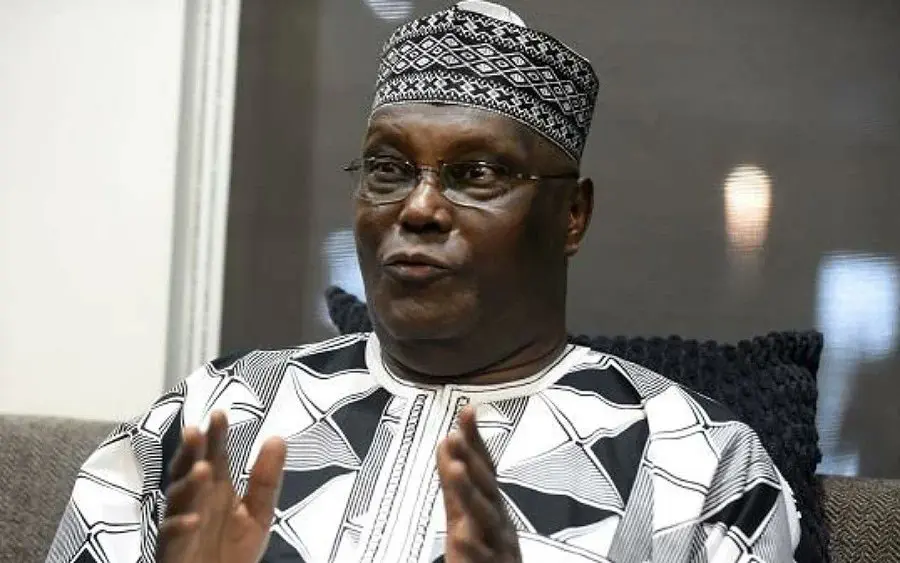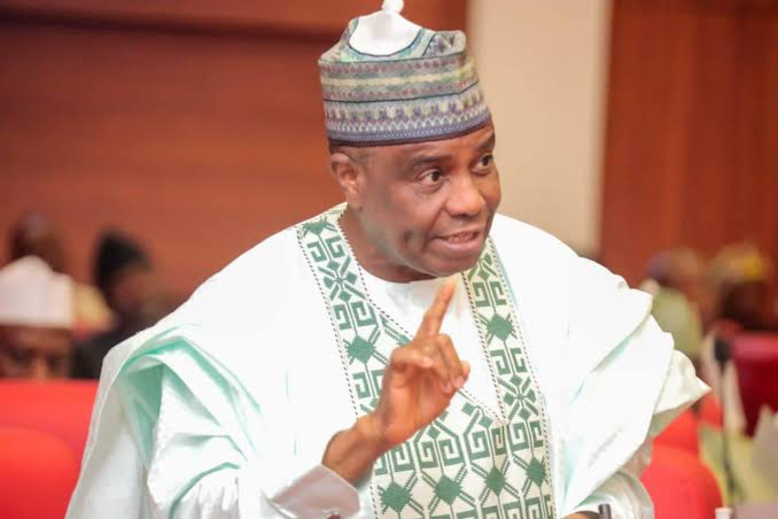The Nigerian government has announced that the reconstruction of the Abuja-Kaduna-Zaria-Kano road will require a total investment of N761 billion. Minister of Works, David Umahi, disclosed this information during an inspection of the project on Saturday. According to Umahi, President Bola Tinubu has been briefed on the project’s completion timeline, which is expected to take 14 months for sections 1, 2, and 3.
The project is divided into three sections, with sections 1 and 3 spanning 118 kilometers and costing N252 billion. The President has already paid 30% of the cost, approximately N60 billion. Section 2, which covers 72 kilometers, will feature reinforced concrete and flexible pavement, with a total cost of N507 billion. The government has paid 30% of this amount, totaling over N150 billion.
Umahi commended President Tinubu for his commitment to the project, stating that the President has tagged it as a priority and is funding it accordingly. The minister emphasized that the roads being built will last for over 100 years, leaving a lasting legacy for future generations. He also highlighted the importance of replicating international standards in road construction, as directed by the President.
The Minister of State for Works, Bello Goronyo, urged contractors to work efficiently to meet the deadline, particularly after the rainy season. He emphasized the need to make up for lost time and complete the project as soon as possible, given the public’s anticipation.
The reconstruction of the Abuja-Kaduna-Zaria-Kano road is a significant infrastructure project aimed at improving transportation and economic growth in Nigeria. The government’s investment in this project demonstrates its commitment to developing the country’s road network and enhancing connectivity between major cities. With the project’s expected completion in 14 months, Nigerians can look forward to improved road safety and reduced travel times, ultimately contributing to the country’s economic development.



